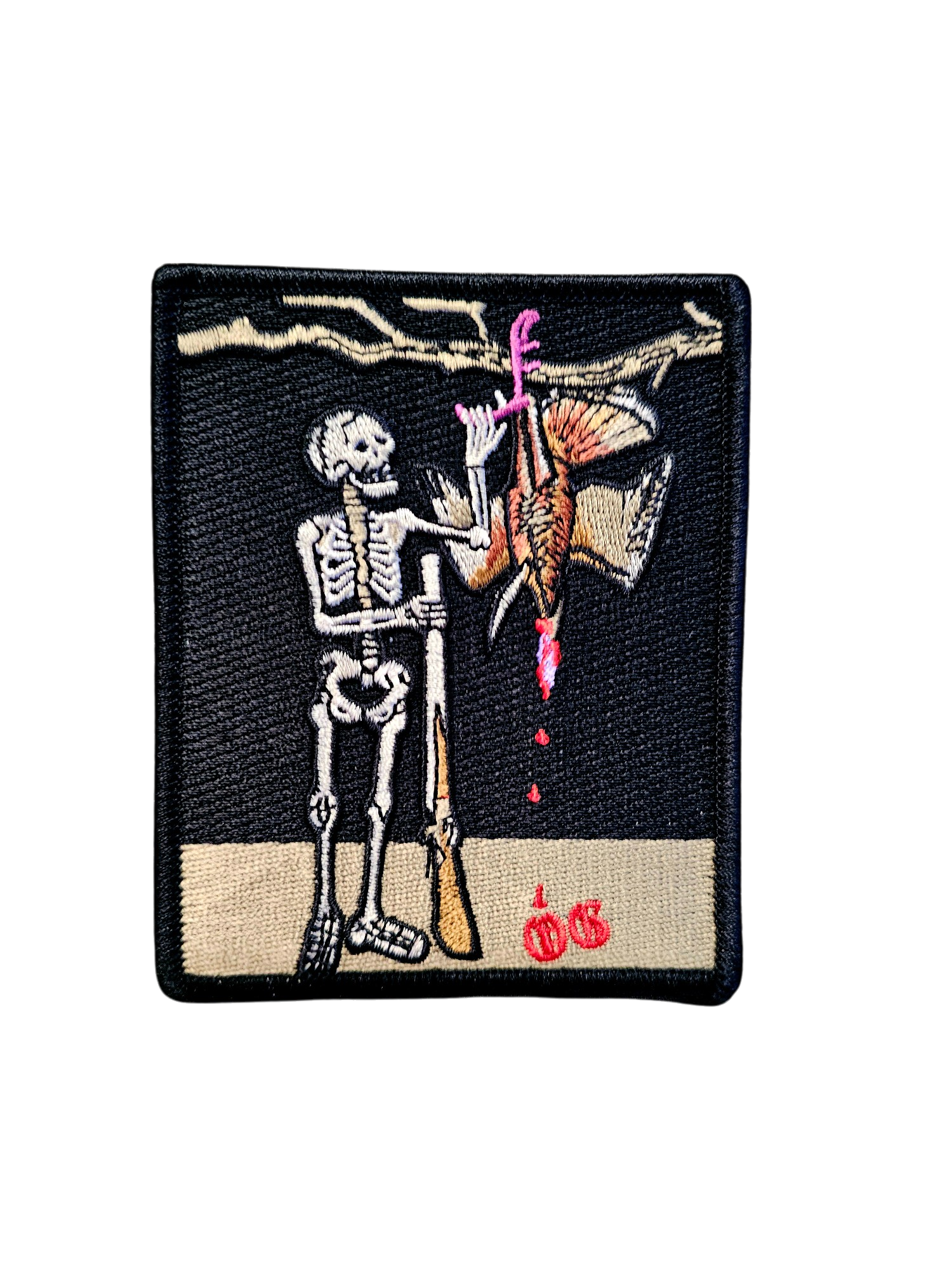        |
THE TOUGHEST GOBBLER TO HUNT...Started by quavers59, January 06, 2017, 12:57:19 PM Previous topic - Next topic
User actions
|
        |
THE TOUGHEST GOBBLER TO HUNT...Started by quavers59, January 06, 2017, 12:57:19 PM Previous topic - Next topic
User actions
|